UK politics live: Jenrick gets justice role in Badenoch’s shadow cabinet as Stride and Patel land top jobs
It comes as education secretary Bridget Phillipson announced a rise to university tuition fees
Your support helps us to tell the story
From reproductive rights to climate change to Big Tech, The Independent is on the ground when the story is developing. Whether it's investigating the financials of Elon Musk's pro-Trump PAC or producing our latest documentary, 'The A Word', which shines a light on the American women fighting for reproductive rights, we know how important it is to parse out the facts from the messaging.
At such a critical moment in US history, we need reporters on the ground. Your donation allows us to keep sending journalists to speak to both sides of the story.
The Independent is trusted by Americans across the entire political spectrum. And unlike many other quality news outlets, we choose not to lock Americans out of our reporting and analysis with paywalls. We believe quality journalism should be available to everyone, paid for by those who can afford it.
Your support makes all the difference.Robert Jenrick has been named shadow justice secretary in Conservative leader Kemi Badenoch’s new-look shadow cabinet.
It comes just two days after the conclusion of a long Conservative leadership contest, in which Ms Badenoch comfortably beat Mr Jenrick in a run-off.
But Mr Jenrick was not the only high-profile addition to Ms Badenoch’s shadow cabinet.
Priti Patel will return to the front bench as shadow foreign secretary, while Mel Stride will take on under-fire Rachel Reeves as shadow chancellor of the exchequer. All three of them were Ms Badenoch’s rivals in the leadership contest, and will join what is being dubbed a “unity” shadow cabinet.
Earlier today, Badenoch-ally Laura Trott was named shadow education secretary, while Jenrick-supporter Neil O’Brien was named shadow minister for education.
The upheaval of the Tory front bench came as Labour unveiled plans to increase tuition fees for the first time in eight years.
Education secretary Bridget Phillipson announced on Monday afternoon that fees will rise to £9,535 from April 2025 in order to “secure the future of higher education”.
University tuition fees: What it means for students and why are they increasing?
In a move that will dismay thousands of prospective students, Sir Keir Starmer is set to increase tuition fees for the first time in eight years.
Education Secretary Bridget Phillipson will make a statement in the Commons on Monday afternoon, which will see an increase in line with the Retail Price Index inflation, The Independent understands.
Previous reports have speculated that fees could rise from £9,250 to £10,500 and come into force in September 2025, affecting school students who are currently sitting their A-Levels.
It comes as university leaders have warned of significant financial concerns as a result of frozen tuition fees paid by domestic students and a drop in international students.
Holly Evans reports:
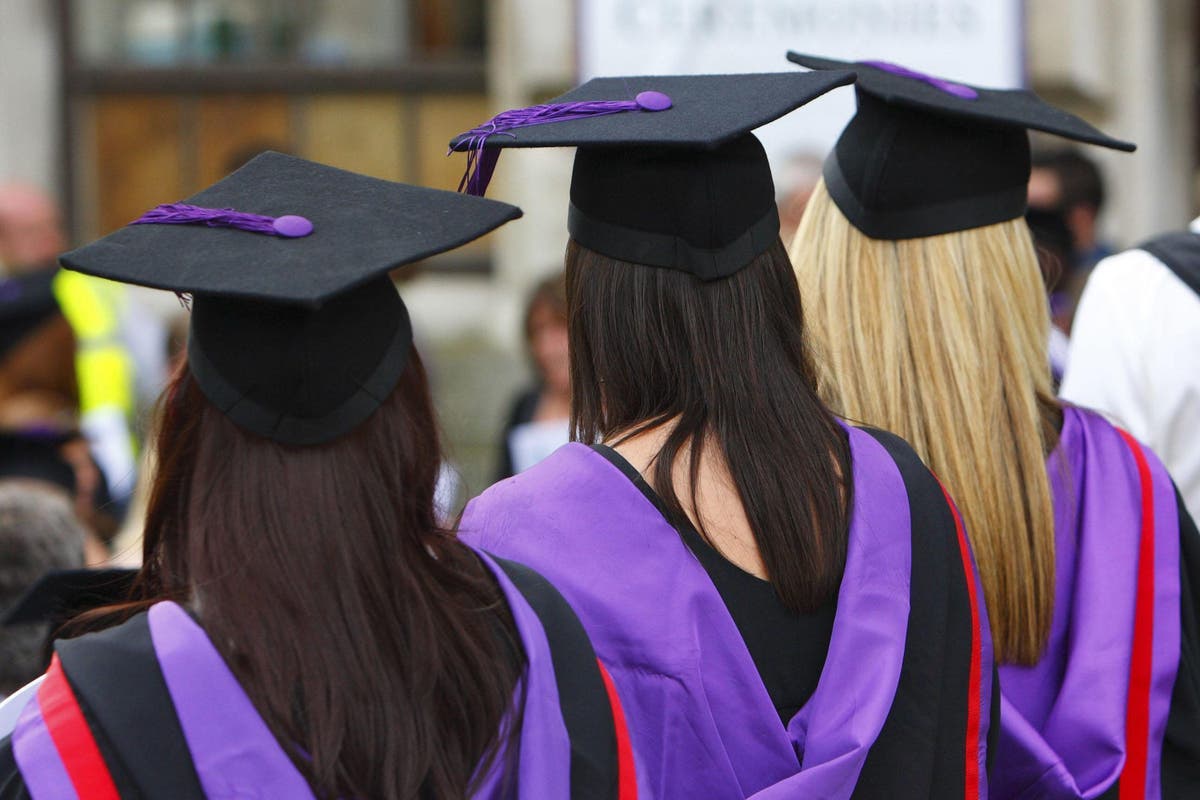
University tuition fees: What it means for students and why are they increasing?
Fees are reportedly due to increase from £9,250 to £10,500 from September 2025
Breaking: Priti Patel returns to the front bench
Priti Patel has returned to the front bench after being appointed shadow foreign secretary by new Conservative leader Kemi Badenoch.
She was formerly the Secretary of State for International Development under Theresa May and, most notably, the Home Secretary under Boris Johnson.
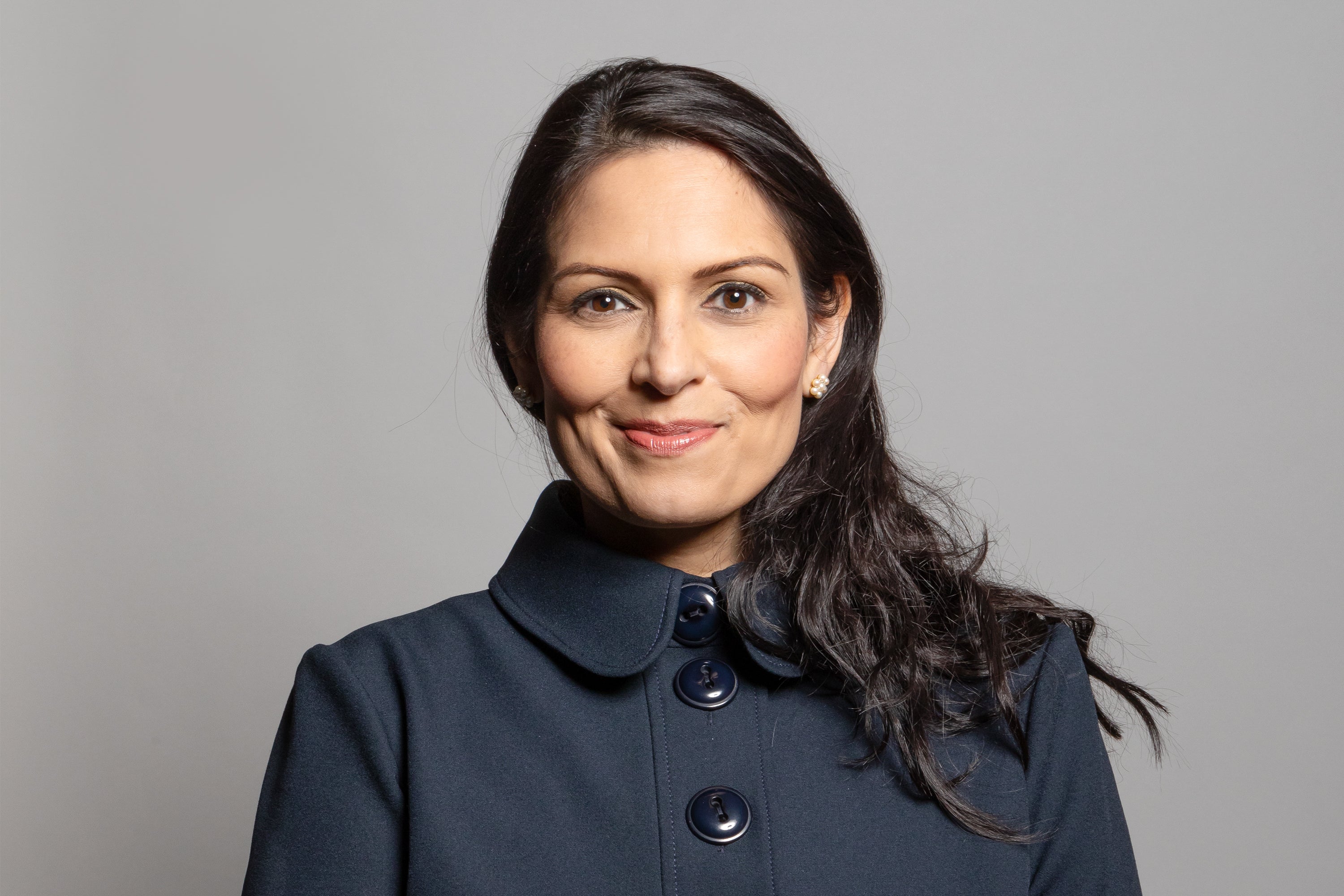
Watch: Starmer compares people-smuggling threat to terrorism
Tory MP Andrew Mitchell ‘returns to backbenches’
Tory MP Andrew Mitchell has said he is returning to the backbenches, GB News’ political editor reports.
Mr Mitchell said: “It has been an honour to serve under Rishi Sunak as Deputy Foreign Secretary and Shadow Foreign Secretary. But it is time to pass the baton! I look forward to continue serving my constituents in the Royal Town of Sutton Coldfield.
“Kemi Badenoch will have my full support from the backbenches as she rebuilds the Conservative Party, exposes the terrible Labour government and sets us on a path to victory at the next general election.”
Government insists majority of farmers ‘will be able to pass family farm down to their children'
The vast majority of farmers will still be able to “pass the family farm down to their children”, the government has insisted, amid worries about changes to inheritance tax.
Following a meeting between environment secretary Steve Reed and NFU president Tom Bradshaw, a government spokesperson said: “The government’s commitment to our farmers remains steadfast. It’s why we have committed £5bn to the farming budget over two years – more money than ever for sustainable food production.
“We understand concerns about changes to Agricultural Property Relief and the Defra secretary of state and Exchequer secretary to the Treasury met with NFU president Tom Bradshaw today.
“Ministers made clear that the vast majority of those claiming relief will not be affected by these changes. They will be able to pass the family farm down to their children just as previous generations have always done.
“This is a fair and balanced approach that protects the family farm while also fixing the public services that we all rely on. We remain committed to working with the NFU and listening to farmers.”
‘The last thing the government should do is put up tuition fees’ - Alastair McCall
“Cars loaded with clothes, mattress toppers, table lamps, posters, pots, pans and other paraphernalia of student life have been a familiar sight recently as the the latest year group of freshers have been heading for campuses across Britain. Meanwhile, another cohort will be busy checking the latest Good University Guide to make their choices for their Ucas forms.
“But if the dire warnings of recent week are to be believed, will some of these institutions even be open for business in the next few years? The higher education sector is at immediate risk of collapsing under debts created by a decade of frozen UK students’ tuition fees and a shrinking number of overseas students scared off by the hostile environment towards foreigners, which include spiralling costs for visas and fees.”
University professor and former journalist Alastair McCall makes the argument against increasing tuition fees...
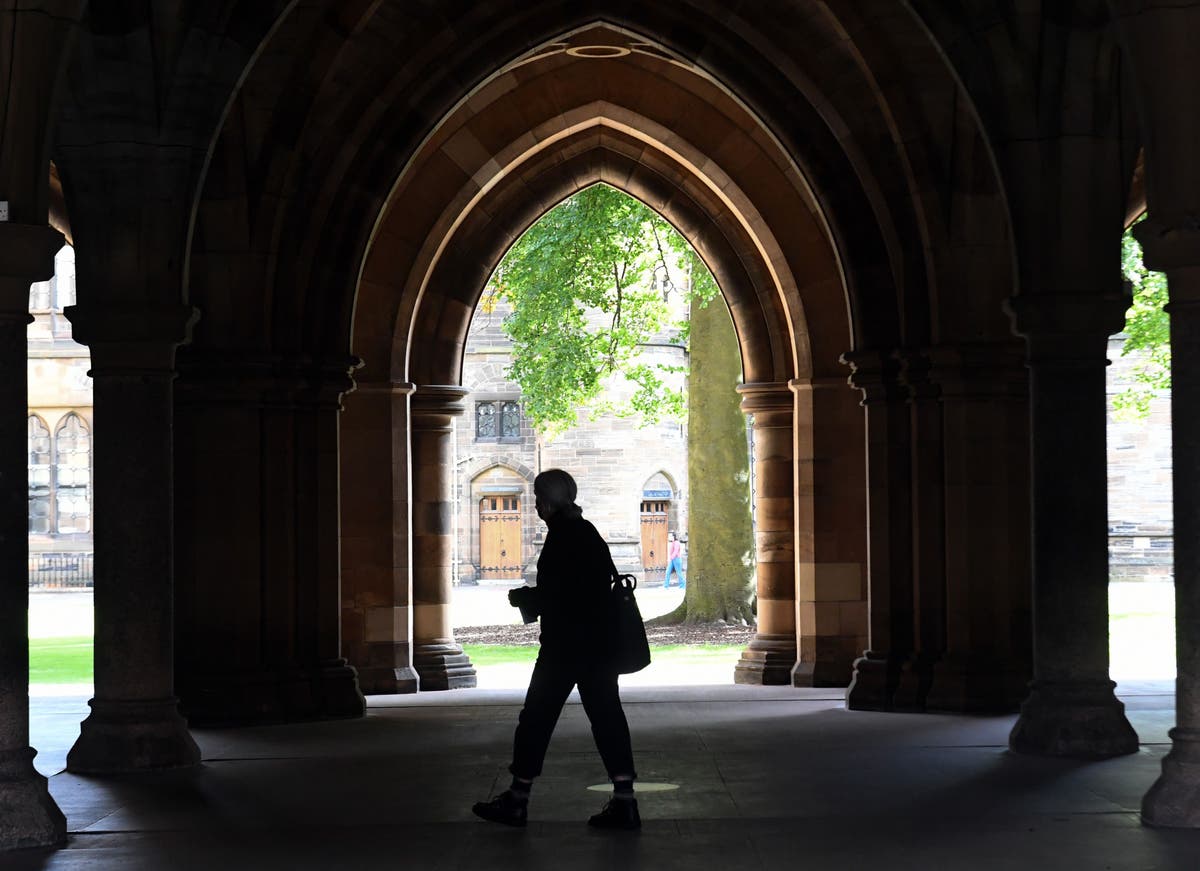
In France a degree costs around £200 – the last thing our students need is more fees
As the government considers plans to increase tuition fees for students to £10,500, Alastair McCall looks at the crisis facing higher education in this country and asks why when the UK already has some of the highest fees and student debt in the world, are we still asking our young adults and their parents to save the day?
Martin Lewis: Tuition fee rise is ‘misunderstood’
Money Saving Expert’s Martin Lewis has weighed in on the reported rise in tuition fees, explaining that it isn’t as straightforward as it seems.
In a post on X, he clarified some key points. Here is the rundown of what he said:
- Higher fees won’t change what most pay yearly. This is because the amount you pay - 9 per cent over the earnings threshold - depends on what you earn, not what you borrow.
- Only those who clear loans in full over 40 years will pay more. This means mid to high earning university leavers and the more affluent will be the ones hit, Mr Lewis said.
- The rise will be “trivial” compared to changes made by the last government. The Conservatives reduced the repayment threshold from £27,295 to £25,000 for 2023 starters, and increased the time they had to continue repaying to 40 years from 30 years. The amount people have to pay for going to university over their life increased by 50 per cent as a result, Mr Lewis says.
- Biggest issue is that maintenance loans are too small. Maintenance loans have failed to keep pace with inflation, which Mr Lewis says is the biggest issue. “I’d urge the govt to couple the tuition fee loans with bigger living loans - if not it is a real risk to social mobility,” he said.
PM: Butler was ‘quite right' to delete repost about Kemi Badenoch
Sir Keir Starmer has said a Labour MP was “quite right” to delete a repost of social media comments about new Conservative leader Kemi Badenoch.
Dawn Butler appeared to share a tweet describing Ms Badenoch as a "member of white supremacy’s black collaborator class".
The tweet by Nigerian-British author Nels Abbey also described “Badenochism” as “white supremacy in blackface”. Ms Butler deleted the retweet shortly after sharing it.
At the Interpol general assembly in Glasgow, the prime minister said: "She shouldn’t have said what she did and she has deleted it and quite right too."
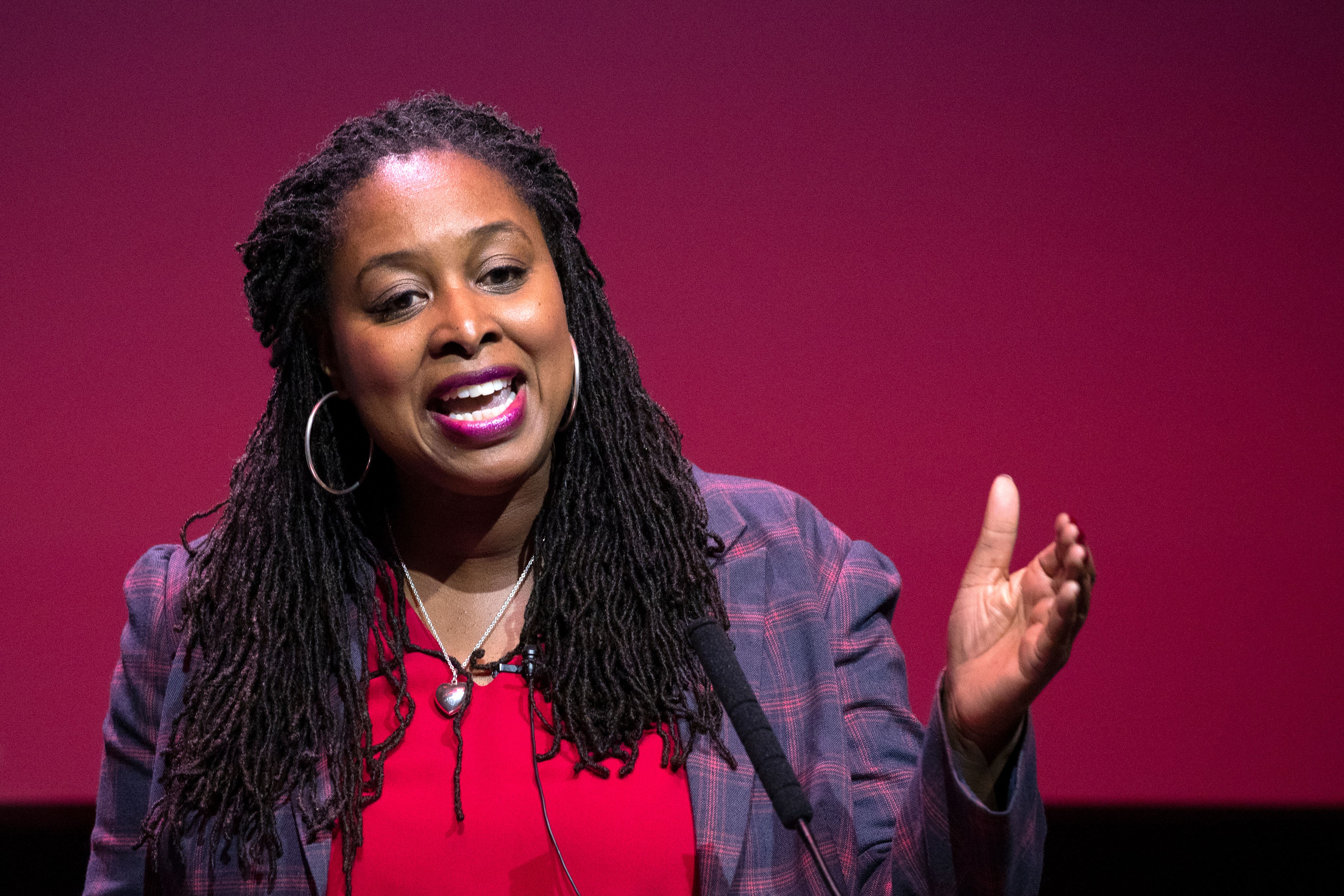
Why is the government planning to raise tuition fees?
The decision to raise tuition fees would likely be an unpopular one among the electorate.
But many universities say they are facing financial crisis. This is because government grants and fees have not kept pace with rising costs, according to Universities UK (UUK), which represents more than 140 institutions.
In September, UUK president Dame Sally Mapstone told the BBC’s Today programme: “What we’re looking for from the new Government is the opportunity for a reset, and the opportunity to look right across the funding arrangements for fees and with students.
“The major problem with university finance is that for the past eight to nine years, direct government grants and fees haven’t kept up with the cost of teaching and with inflation, so more and more institutions are facing a budget deficit overall,” Prof Mapstone, who is also the vice-chancellor of St Andrews’ University, added.
The government has not yet confirmed the plans, so have not outlined their reasoning.
Full report: Sir Keir Starmer set to increase university tuition fees for first time in eight years
University tuition fees will increase for the first time in eight years, The Independent understands, as part of a major overhaul of the higher education system.
Fees, which have been frozen at £9,250 since 2017, are expected to rise in line with the Retail Price Index inflation from September 2025. Matching them to the current rate of inflation at 2.7 per cent would mean they increase to around £9,500.
It comes amid growing concern over the state of the education sector, with many universities facing financial crisis. As many as 40 per cent of English universities are expecteed to fall into a budget deficit this year.
The Independent’s political correspondent Millie Cooke reports:
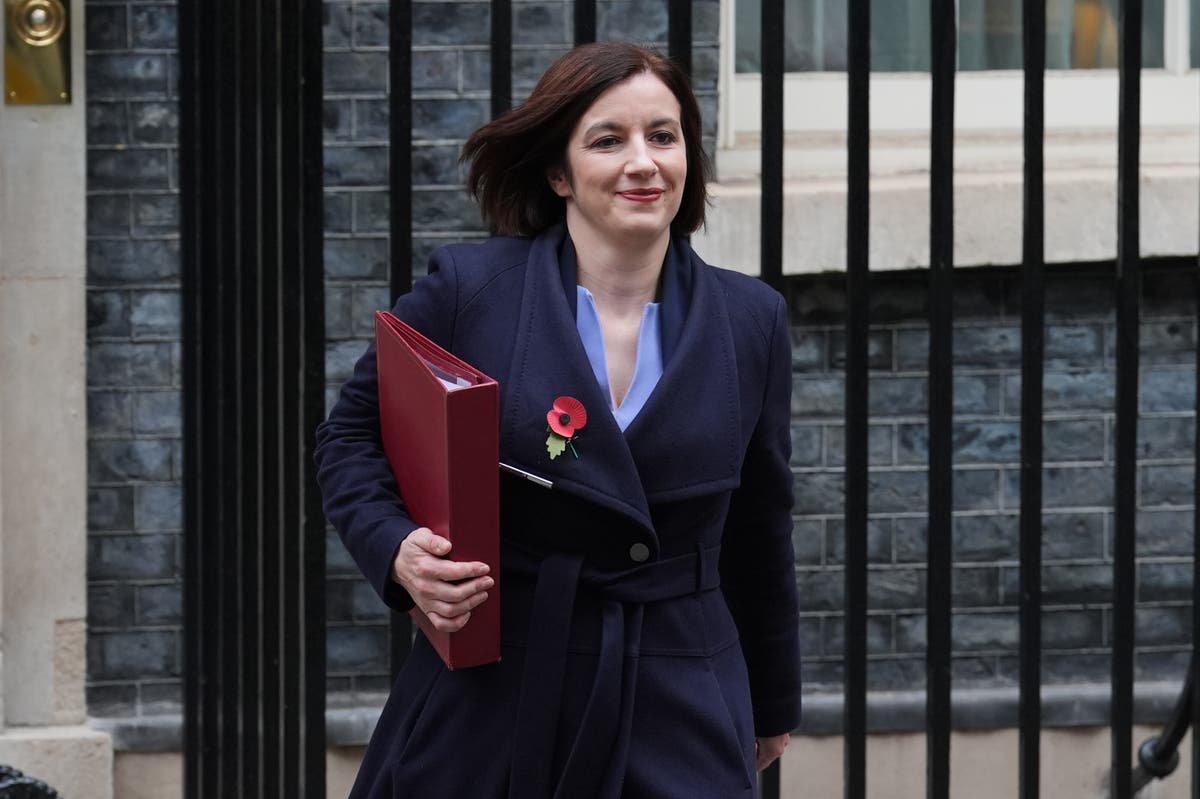
Starmer increases university tuition fees for first time in eight years
University tuition fees have been frozen at £9,250 since 2017
Subscribe to Independent Premium to bookmark this article
Want to bookmark your favourite articles and stories to read or reference later? Start your Independent Premium subscription today.

Join our commenting forum
Join thought-provoking conversations, follow other Independent readers and see their replies
Comments